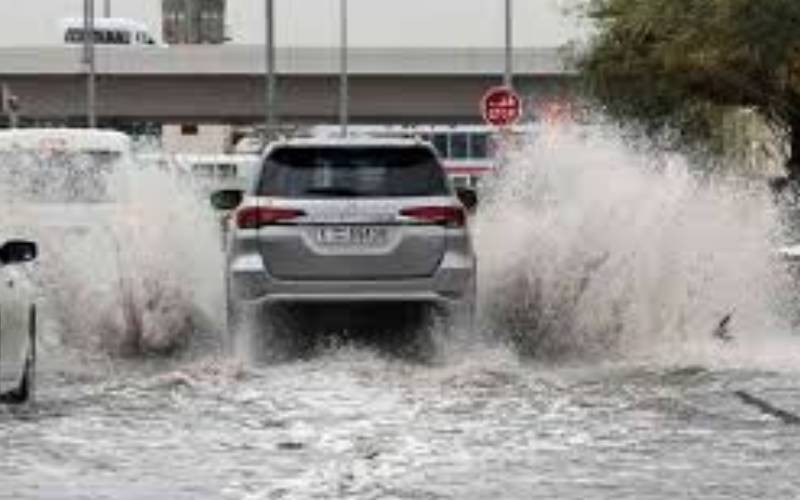×
The Standard e-Paper
Fearless, Trusted News

The internet has been awash with videos of floods causing havoc in Dubai earlier this week. Many were quick to assume that something went wrong with cloud seeding, the technology used to attract rain in the desert UAE.
Others claim natural rain had clashed with that sourced using the technology that involves planes and other equipment to inject particles into the clouds and make them attract more moisture, which eventually falls like rain.







